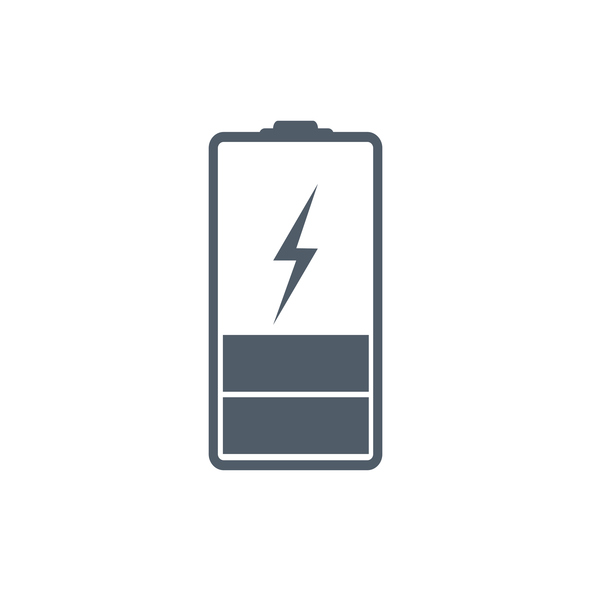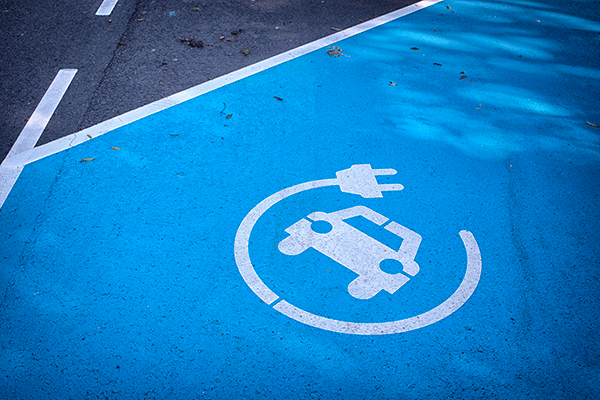Researchers have developed a prototype device that mimics natural photosynthesis to produce ethylene gas using only sunlight, water, and carbon dioxide.
The novel method, which produces ethylene at room temperature and pressure using benign chemicals, could be scaled up to provide a more eco-friendly and sustainable alternative to the current method of ethylene production.
Ethylene, which is the building block of polyethylene, is an important chemical feedstock produced in large quantities for manufacturing plastics, rubber, and fibers. More than 170 million tons of ethylene were produced worldwide in 2015 alone, and the global demand is expected to exceed 220 million tons by 2020.


 New research stitches together the best parts of several different bacteria to synthesize a new biofuel product that matches current engines better than previously produced biofuels.
New research stitches together the best parts of several different bacteria to synthesize a new biofuel product that matches current engines better than previously produced biofuels. New research indicates that poplar trees could be an economically viable biofuel material.
New research indicates that poplar trees could be an economically viable biofuel material. A team of researchers from the Joint Center for Energy Storage Research is taking a potential major step toward developing energy dense, safe solid state magnesium-ion batteries.
A team of researchers from the Joint Center for Energy Storage Research is taking a potential major step toward developing energy dense, safe solid state magnesium-ion batteries. A nanoparticle that can help clean water of cadmium becomes toxic once taking in the metal. But research finds that organic matter, in this case from algae, reduces that toxicity.
A nanoparticle that can help clean water of cadmium becomes toxic once taking in the metal. But research finds that organic matter, in this case from algae, reduces that toxicity. The aviation industry produces
The aviation industry produces  Within the next month, energy watchers expect the Federal Energy Regulatory Commission to act on an
Within the next month, energy watchers expect the Federal Energy Regulatory Commission to act on an  As sustainable technologies continue to expand into the marketplace, the demand for better batteries rises. Many researchers in the field are looking toward all-solid-state batteries as a promising venture, citing safety and energy density properties. Now, one company is looking to take that work from the lab to the marketplace.
As sustainable technologies continue to expand into the marketplace, the demand for better batteries rises. Many researchers in the field are looking toward all-solid-state batteries as a promising venture, citing safety and energy density properties. Now, one company is looking to take that work from the lab to the marketplace.